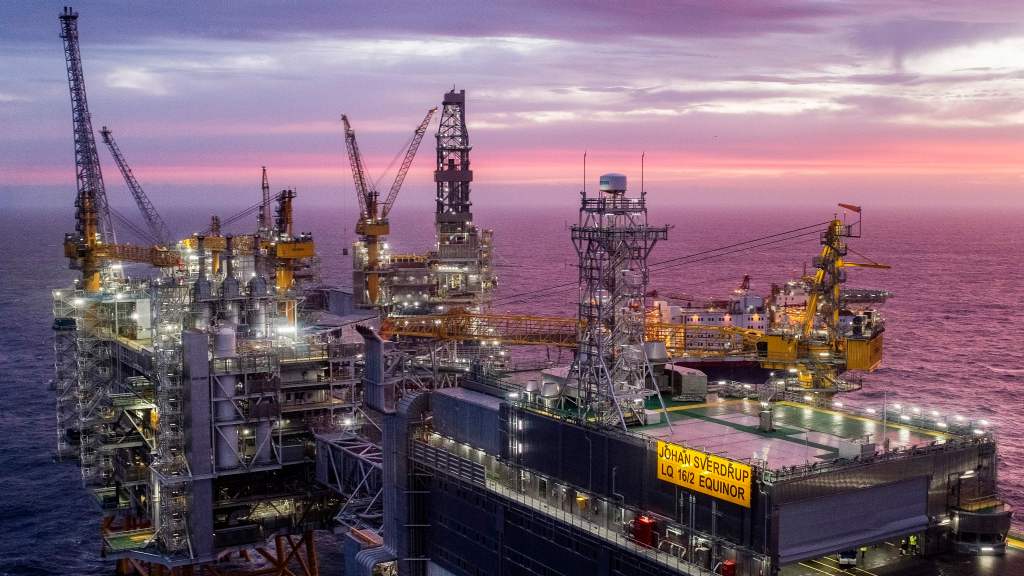Shell and Equinor Unite UK Oil and Gas Operations
Shell, a key player in the FTSE 100 energy sector, and Equinor, the Norwegian state-owned oil firm, have announced a strategic merger of their UK oil and gas holdings. This partnership aims to establish the largest independent producer in the increasingly mature North Sea region.
The new entity will be headquartered in Aberdeen, with equal ownership shared between Shell and Equinor. It will encompass interests in approximately nine of Shell’s assets and three from Equinor, which includes the Rosebank project, the largest oil field currently under development in the North Sea.
Currently, Shell is responsible for an output of around 100,000 barrels of oil equivalent per day in the North Sea, whereas Equinor contributes about 38,000 barrels daily. It is anticipated that the combined company will reach a production rate of about 140,000 barrels per day by next year.
The companies have also indicated that a “range of exploration licences” will be included in this merger. However, the potential for new drilling remains uncertain due to the implementation of windfall taxes on profits from North Sea oil and gas operations and Labour’s position on future developments.
Both firms are currently awaiting a court ruling regarding the development of the Rosebank project and Shell’s Jackdaw field, which received approval from the previous government. The future of these projects is now in question after Labour announced it would not oppose a legal challenge initiated by environmental activists.
If Rosebank receives the necessary approvals, production from the oilfield, located 80 miles west of Shetland, is projected to commence in 2027, generating around 70,000 barrels of oil equivalent per day.
Initially introduced by Boris Johnson in 2022 as energy prices soared, the energy profits levy has since increased from 35 percent to 38 percent, raising the total tax rate on North Sea oil and gas profits to 78 percent and extending the duration of this tax structure until 2030.
According to Shell, the newly formed company is designed to be “more agile, focused, cost-competitive, and strategically well-positioned to maximize the value of its combined portfolios on the UK continental shelf.”
RBC Capital analyst Biraj Borkhataria noted that this merger is likely to reduce capital expenditure for both Shell and Equinor, enabling them to consolidate resources and continue to grow while dedicating less capital to the sector.
Shell currently employs roughly 1,000 personnel in the UK energy sector, while Equinor has about 300 employees.
This merger highlights the ongoing challenges faced by oil and gas producers in the North Sea, as they grapple with whether to consolidate their assets or exit the market due to a stringent tax environment. Many large producers have divested their interests in this increasingly mature area; for instance, earlier this year, ENI sold its UK assets to Ithaca Energy, a member of the FTSE 250.
Shell’s integrated gas and upstream director, Zoë Yujnovich, stated that the new company would be crucial in supporting a balanced energy transition, ensuring the provision of heating for millions of homes, power for industries, and a reliable supply of fuels.
The merger is expected to finalize by the end of the upcoming year.




Post Comment